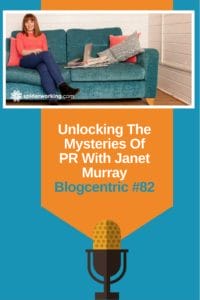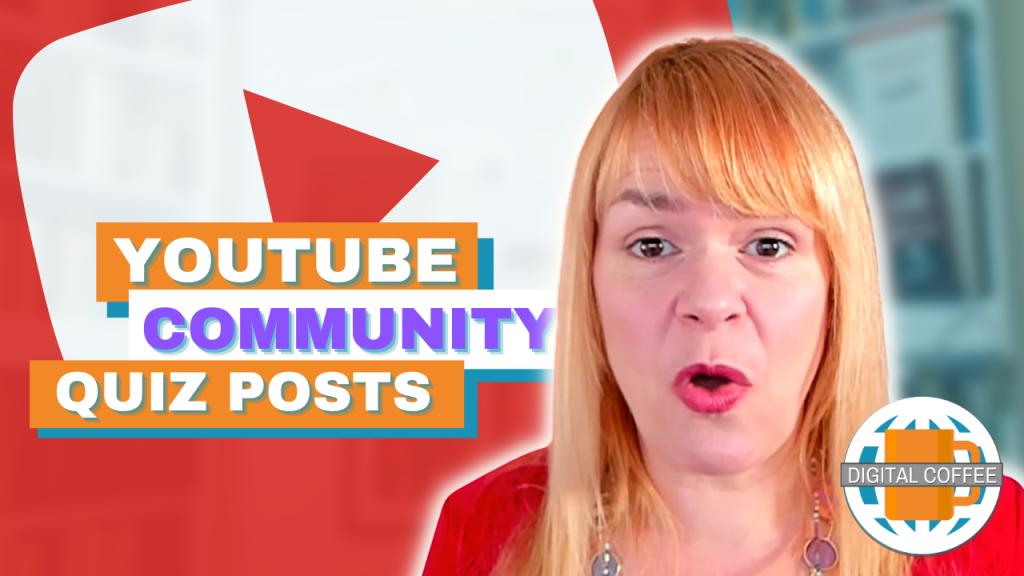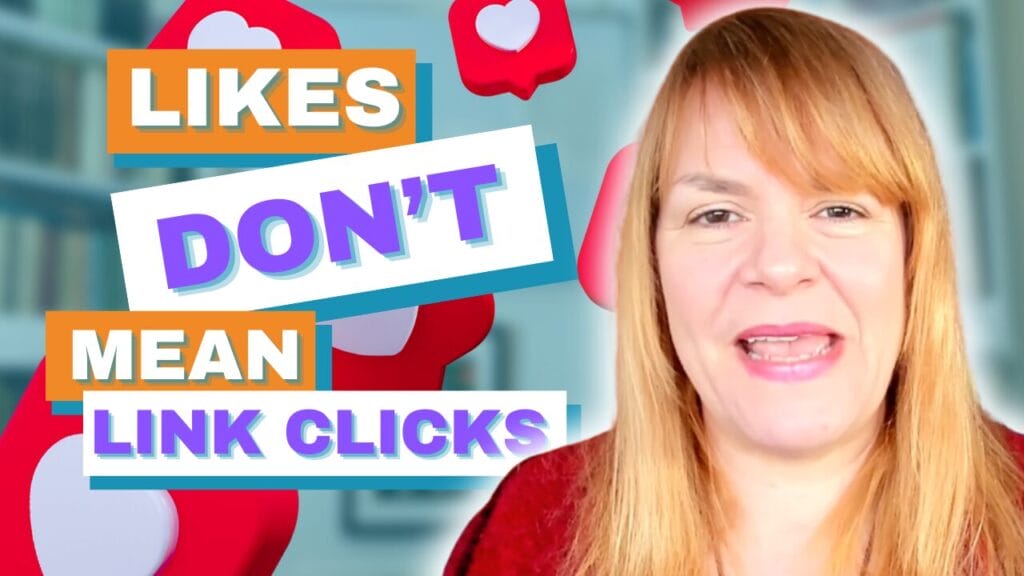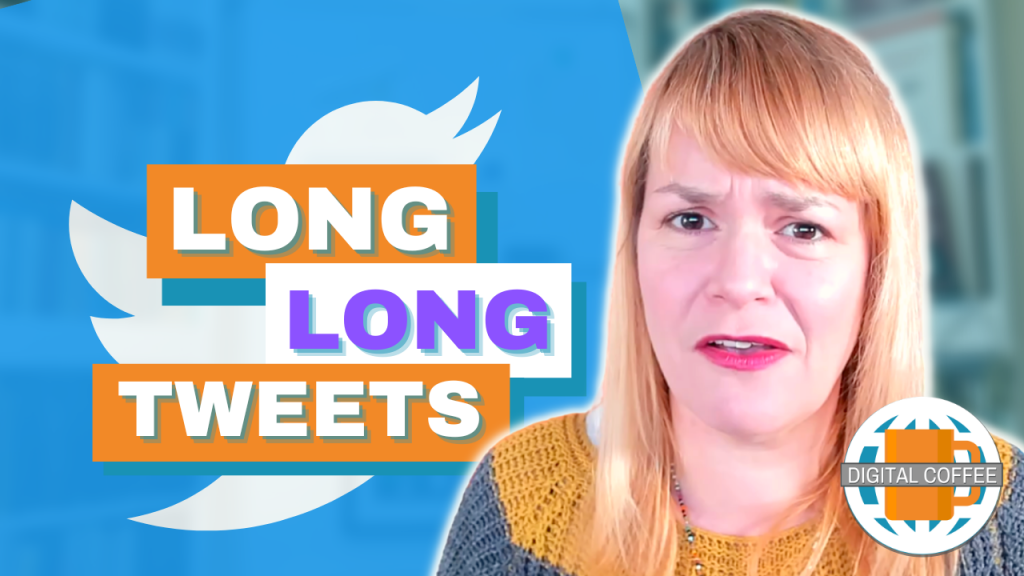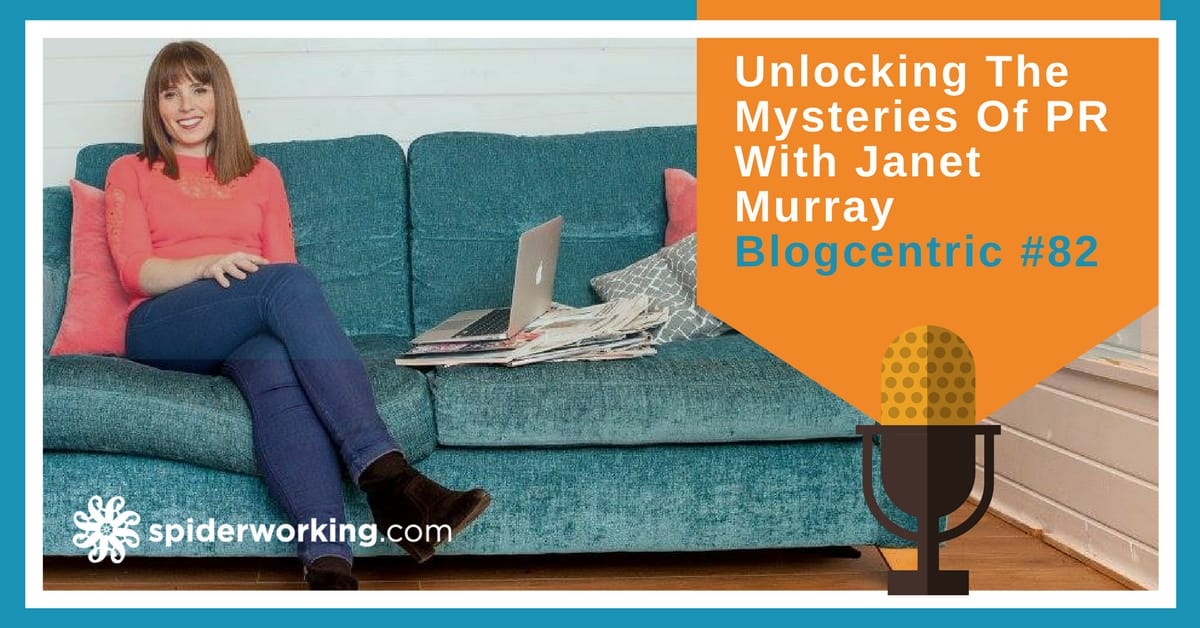
What is PR? How can we use our blogs and social media to get us PR? How do you pitch ideas to journalists?
PR is one of those terms that can seem mysterious and weird to those of us who are used to marketing our businesses online. It seems big, alien and intimidating. The idea of talking to journalists is often a scary one.
Janet Murray is a PR expert who simplifies the whole thing. I’ve been reading her book ‘Your Press Release Is Breaking My Heart’ and it’s wonderful. I feel like I know exactly what I should be doing now.
And because Janet makes it sound so easy I asked her to join me on the podcast and share some of her pearls of wisdom. I learned loads and I’m sure you will too.
Listen to the full Interview with PR expert Janet Murray:
Podcast: Play in new window | Download
Subscribe: Apple Podcasts | RSS
Highlights
Janet is a PR expert who’s never worked in PR. Her background is in journalism she’s been writing for national newspapers for the last 16 years. She’s also made lots of appearances on radio and TV.
Early in her career, she noticed that she was getting terrible pitches and press releases from people. Some of these were being sent by PR agencies. Small business owners were paying PR companies to send them.
Janet decided she could help. She started running masterclasses. She’d get people from PR companies and large organisations to come along and teach them how to pitch to journalists.
These masterclasses turned into bigger conferences. She was also doing consultancy work. That’s when she started her blog, answering the questions her customers had, in the hope of getting more consultancy contracts.
She found she liked the content marketing and helping small business owners so she pivoted her business to work more with them.
Her job is to help small businesses owners to tell their stories in the media.
There’s a membership community
A book (affiliate link)
A podcast
A blog
Is it better to do PR yourself than hire a PR agency?
There’s a lot of value in doing it yourself to start with. As a small business owner, the first step is to get your head around what PR actually means.
When you do it yourself to start off with, you understand what’s involved. Who you want to get in front of and why. This helps you make a more qualified decision about outsourcing.
The other thing is many journalists don’t like doing business with PR companies. They’d much rather be talking to you.
What is PR?
The first thing I noticed when I started working with small business owners was that they were trying to get into the national newspapers but they weren’t actually creating regular content on their own sites. They weren’t blogging, they weren’t using email marketing. This meant that the impact of any press they got was minimised.
That’s why I say that PR is anything you are doing to promote your business to generate leads and sales.
That’s generally four things:
- Creating content on your website
- Email marketing
- Social media
- Press
The bit I specialise in is dealing with journalists.
How can I take a really interesting piece of content I have and pitch it to a journalist?
The first thing to say it not to start with the content you are already creating.
Start with the publications you want to get featured in. Don’t start with the story that you want to tell. The story that most business owners want to tell is ‘My business is amazing’. The bottom line is that journalists just aren’t interested in that kind of thing.
Each editor for a publication will have an audience and a fixed idea of the type of content they want to run for that audience.
Ask yourself what you want to get out of the press coverage you get. It will usually come back to more sales. Then you need to ask, who do I need to get in front of to make this happen? What do these people read, watch and listen to? It’s these publications you should be aiming for.
“It’s all very well to show your mum you are featured in Marie Claire but it might not have any impact on your business”
In the beginning there are some simple things you can do to get press coverage that don’t involve pitching to journalists.
1. Follow the #journorequests hashtag of Twitter
This is journalists looking for help with stories.
Sometimes with these you need to think creatively. It may be hard to relate it directly to your business but think of it like a relationship you are building with a journalist. If you help them out with this story when you do have a story to share you’ve kicked the door open.
2. Sign up to media inquiry services
These send you emails with requests from journalists looking for help with stories.
Here are a few:
Do you have to be a journalist to put a request out on those channels or can you do it as a blogger?
Yes, you can use them as a blogger. Sometimes the people who subscribe to them complain a bit that they get too many requests from bloggers. If you are doing that you need to show the values of your blog, so share any stats you’ve got about how many people visit your website etc.
How would you define an awful pitch?
It seems like an obvious thing but most people don’t’ read the publication that they’re pitching to. And I don’t just mean read.
I get my clients to do a ‘flat plan’. I get them to dissect the publication and write down what they see on every single page. When you do that you start to see patterns. You start to see things like ‘they have an interview with a business owner every Friday on the back page’. You’ll start to see opportunities.
The second thing is the email subject header. That is really important. I did a couple of weeks cover at the Guardian recently and I just got so many emails. I couldn’t open them all. So you look at the subject line and make a decision about whether you want to open it.
A common mistake I see is people trying to be mysterious. Label up your email so start it with ‘Story idea’ or ‘Pitch’ and then be very clear about what is in the email.
For example, if you were having a surfing fashion event you may be tempted to write a clever headline like ‘local business surfing the wave of fashion’ a busy journalist would have no idea what you were talking about.
Instead be clear so something like ‘local shop has surfing fashion show’ would work better.
Get your story into the first line of the email. Lots of people will start with three of four paragraphs about themselves. Remember the journalist isn’t interested in you, they’re interested in the story and if it’s right for their audience.
Don’t bother with a press release unless you have an amazing story that you think all the press will be interested in. A short email is absolutely fine.
What makes a good story?
I recommend to people that they put their story to the Facebook test. Try sharing your stories on your personal Facebook page first, what sort of reaction does it get? This can be the sign of whether a story idea is good or not.
Sometimes it’s the interest stories, the stories around the edge of your business that will spark the best reactions and the best stories.
Here’s Janet’s article about wearing the same clothes every day that sparked conversation in my Facebook group.
I’ve got a handout that I get my clients to work through. It’s a Venn diagram. In the middle, it’s got your business and round the edge of it, it’s got all kinds of things that intersect with your business, things like relationships, family, friends, work.
I’ve had coverage about the ‘she shed’ that I work from in the back of my garden, about miscarriage. Look for the stories that you might chat to your friends about. I appreciate that can be a bit uncomfortable that’s why I suggest starting with the small stuff, building relationships with journalists and then move on to this stuff.
Do you have a system for drawing the line about how personal you get and how much you reveal?
It all depends on what is comfortable for you. With the miscarriage stuff, I’ve done a few pieces. I feel like in sharing that content I’m helping other people.
If you are just doing it for the press that’s when you are going to make mistakes. If you’re helping other people you are doing OK. If you do get any flack you can normally handle it.
Is there something that we should be doing to make our blogs and our websites more PR friendly?
It’s less about your website and more about Twitter and your social media profiles. Journalists are actively looking on Twitter for people like you and me to talk to and they’re looking for experts.
Taking Boris as an example. Boris who owns an interior design shop selling couches, chairs, rugs etc.
If there is a story doing the rounds about say Princess Kate spending a lot on interior design. Everyone is talking about interior design all of a sudden. Journalists will be active on Twitter looking for people to talk to for that story.
Have your Twitter profile optimised so it’s very clear what you do. Make sure you’re regularly sharing content on that topic so there’s no question that you are an expert and also having a phone number on there so they can get hold of you at any hour of the day or night.
If the journalist or researcher is wanting to book someone for radio or TV then ideally they want to see a bit of film of you talking to check you’re alright.
I see a lot of small business owners wasting a lot of time and money on press packs. All you need is a Dropbox with some high-res images in and a couple of biographies.
Find Janet online:
Website: janetmurray.co.uk
Twitter: @jan_murray
Instagram: @janmurrayuk
Facebook group: Soulful PR Facebook Community
Do Facebook ads make you tear your hair out? Let us manage your Facebook ads for you. We'll save you time and improve results. Get A Quote Now.
